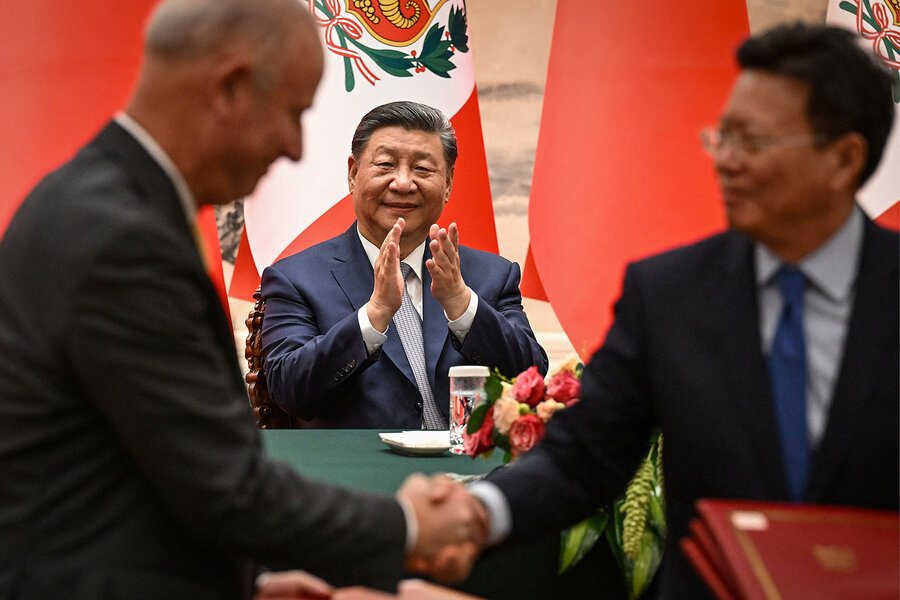China is making big moves on the world stage—diplomatically, economically, and militarily. It talks about creating a fairer, multipolar world. But is that the real goal, or is Beijing just playing the long game to serve its own interests?
This question—Is China promising a new world order or making a self-serving power play?—isn’t just academic. It cuts to the heart of global politics, trade, and influence in the 21st century.
China’s Vision of a “New World Order”
China’s leadership has been outspoken about reshaping global systems. At international forums, Chinese officials often frame their vision as one that moves away from U.S.-dominated institutions and toward a more “inclusive” model. This includes strengthening the BRICS coalition, pushing for alternatives to the dollar, and launching initiatives like the Belt and Road.
In official language, it all sounds balanced—mutual development, win-win cooperation, respect for sovereignty. But critics argue that what China really wants is to lead a system where it sets the rules.
Actions Speak Louder Than Speeches
Here’s where things get clearer. Look at Hong Kong. Look at the South China Sea. China’s playbook often combines soft diplomacy with hard enforcement of its interests. The Belt and Road Initiative, for example, has left some partner countries in deep debt, with China taking control of key infrastructure when loans go unpaid.
Then there’s the digital realm. Beijing is pushing its tech standards abroad, exporting surveillance tools under the banner of modernization. This raises eyebrows. Is this global leadership or global leverage?
The U.S. Factor—and Why It Matters
Framing this as a binary between China and the West might be reductive, but it’s hard to ignore. China often positions itself as the counterbalance to the U.S. Yet in doing so, it adopts tactics that closely mirror the very hegemony it critiques.
Rather than promoting a truly multilateral world, China may just be trading one dominant power for another—with itself at the helm.
So—New World Order or Power Play?
The truth likely lies in the gray area. China is clearly dissatisfied with the current global structure and wants more influence. That’s fair. But its methods suggest that the “new world order” it envisions isn’t necessarily more just—it’s just more favorable to Beijing.
Until actions consistently align with the rhetoric of shared progress, it’s fair to ask whether China’s global ambitions are more self-serving than world-serving.


